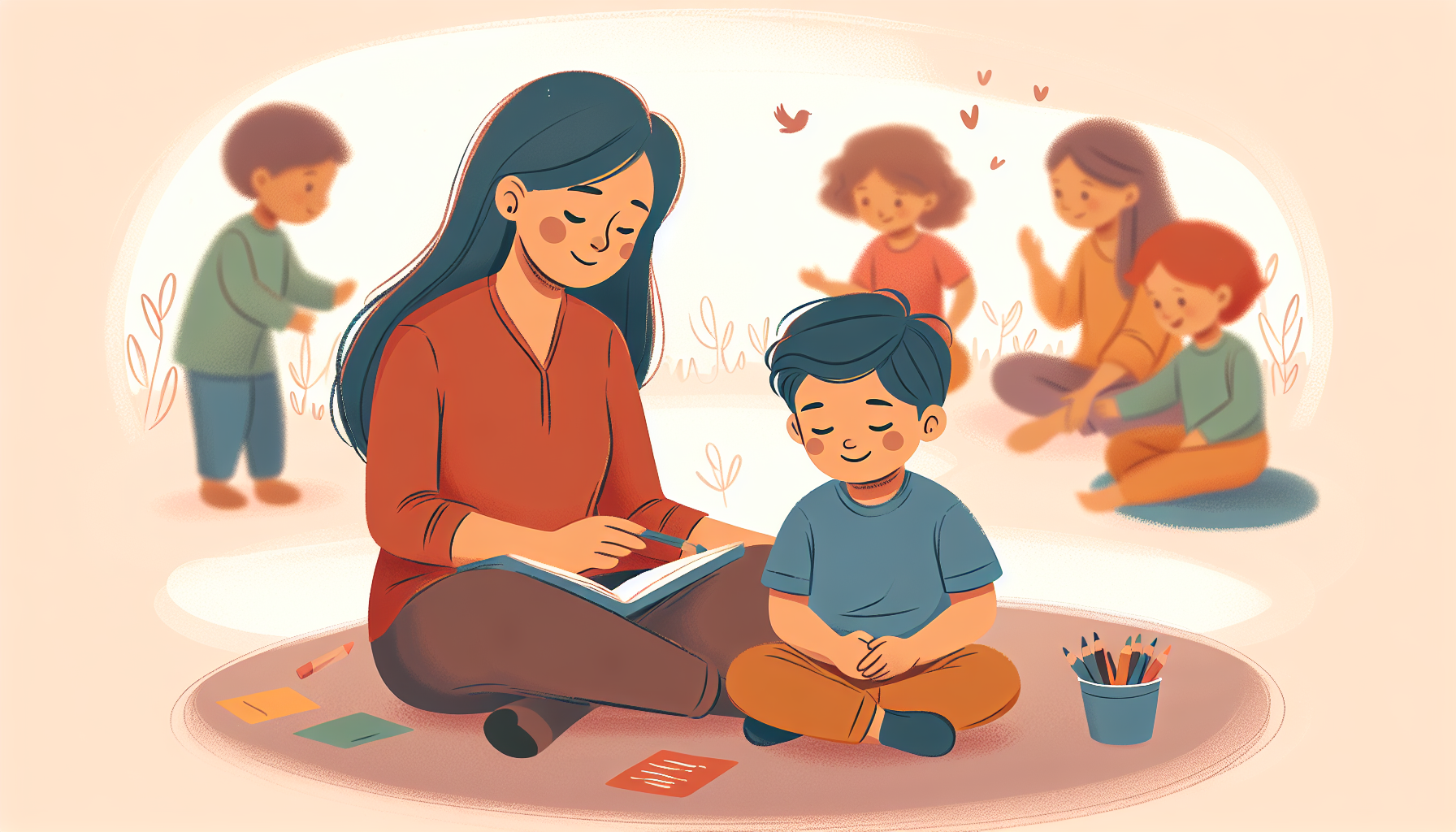“`html
Encouraging Children to Develop Social Skills
Introduction
As parents and caregivers, one of the most valuable life skills we can nurture in our children is their ability to develop meaningful social connections. Social skills are the foundation for strong interpersonal relationships, emotional resilience, and academic success. But helping children develop these skills doesn’t happen overnight—it’s a gradual process that requires patience, understanding, and the right parenting strategies.
In this article, we’ll explore why social skills are essential for children, how early development impacts their future relationships, and practical steps parents can take to support their kids in becoming confident and empathetic individuals.
Why Are Social Skills Important?
Social skills are the tools children use to interact with others effectively, whether it’s expressing themselves, resolving conflicts, or building friendships. These skills are vital for:
- Building Strong Relationships: Good social skills help children form meaningful connections with peers, teachers, and family members.
- Improving Emotional Intelligence: Understanding and managing emotions is a key part of interpersonal relationships, and social skills development supports this growth.
- Enhancing Academic Success: Children who work well in groups or navigate social settings confidently tend to perform better in school.
But what happens when children struggle with social skills? This can lead to feelings of isolation, anxiety, or difficulty adapting to new environments. That’s why addressing these skills early is crucial for their overall well-being.
How Parents Can Support Social Skills Development
1. Model Positive Behavior
Children learn by observing the adults in their lives. When you demonstrate kindness, empathy, and effective communication, you’re teaching your child how to interact with others. For example:
- Make eye contact and actively listen when talking to your child or others.
- Use polite language, such as “please” and “thank you.”
- Show empathy by acknowledging feelings—“I can see you’re upset. Let’s talk about it.”
2. Encourage Play and Teamwork
Play is an essential part of childhood, and it’s also a great way to practice social skills. Activities like sports, board games, and group projects teach children how to take turns, cooperate, and resolve conflicts. Encourage your child to participate in group activities that align with their interests, such as joining a soccer team or attending art classes.
3. Teach Problem-Solving Skills
Conflict is a natural part of relationships, and teaching children how to resolve disagreements respectfully is critical. Use real-life scenarios to practice problem-solving. For instance:
- Discuss how to respond when a friend takes their toy without asking.
- Role-play situations where they need to apologize or compromise.
These exercises will give your child the tools to navigate social challenges independently.
4. Provide Opportunities for Social Interaction
Children need regular opportunities to practice their social skills in various settings. Arrange playdates, family gatherings, or community events where they can interact with peers and adults. This exposure helps them feel more comfortable in different social environments.
5. Praise Positive Social Behavior
When your child demonstrates good social behavior, acknowledge and praise their efforts. For example, say, “I noticed how you shared your toys with your friend. That was very kind of you.” This positive reinforcement encourages them to continue practicing these skills.
Practical Recommendations for Everyday Life
Here are some simple, actionable tips parents can implement in daily life to support their child’s social development:
- Set Screen Time Limits: Excessive screen time can hinder face-to-face interactions. Encourage activities that promote real-world socialization.
- Read Together: Choose books that teach empathy and social skills. Discuss the characters’ emotions and actions to help your child understand different perspectives.
- Create a Safe Environment: Children are more likely to express themselves when they feel safe and supported. Foster open communication at home by listening without judgment.
- Practice Gratitude: Teach your child to appreciate others by writing thank-you notes or expressing gratitude during family discussions.
- Encourage Independence: Allow your child to make decisions and solve problems on their own, offering guidance only when necessary.
Conclusion
Helping children develop social skills is one of the most important gifts a parent can provide. Strong social abilities enable children to form lasting interpersonal relationships, navigate challenges with confidence, and thrive in both personal and academic settings.
By modeling positive behavior, encouraging play, teaching problem-solving, and creating opportunities for social interaction, parents can support their child’s growth into empathetic, confident individuals. Remember, every small effort you make today will contribute to your child’s lifelong success and happiness.
For more parenting strategies and tips, explore other resources available on the Child Mind website.
“`

